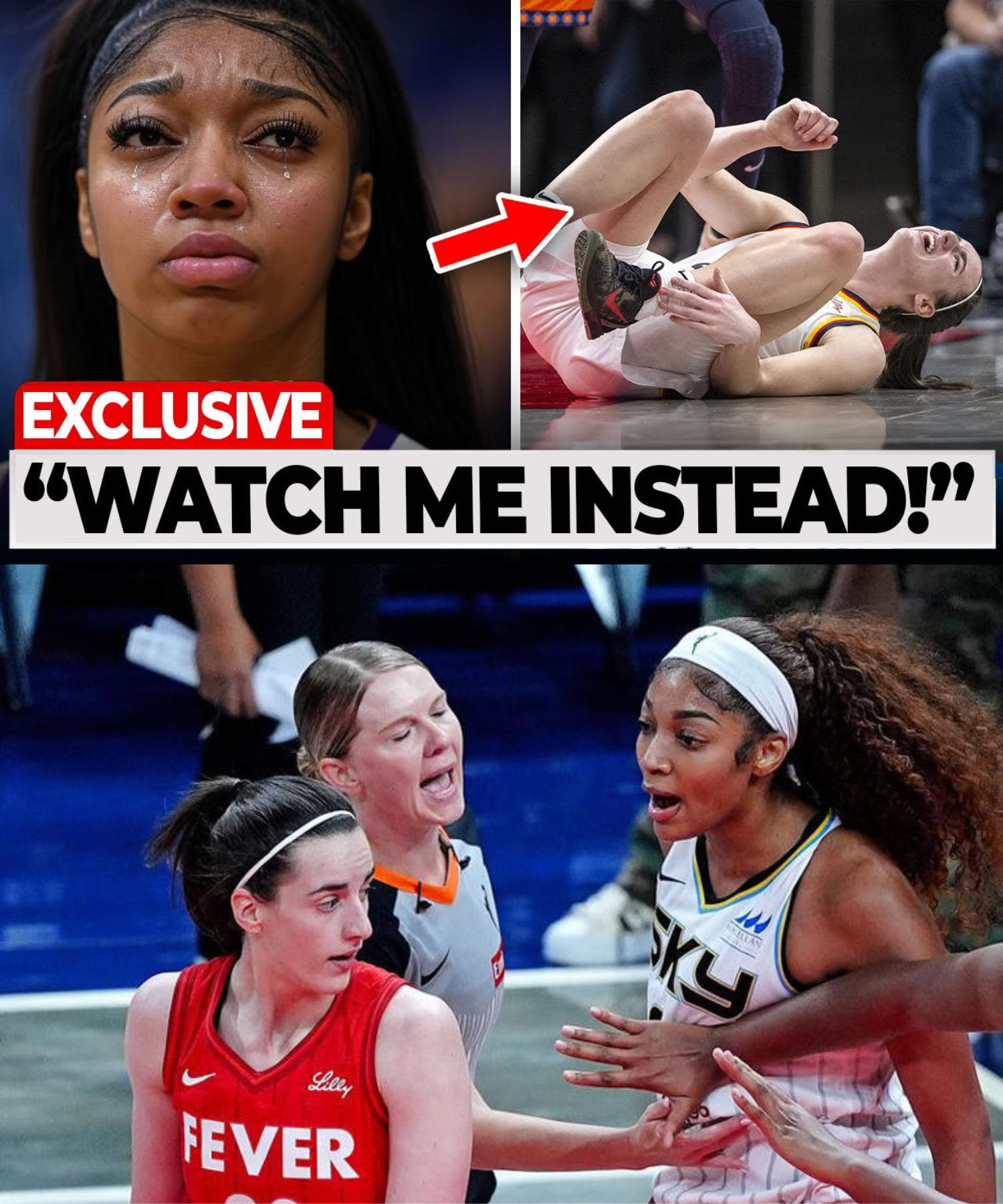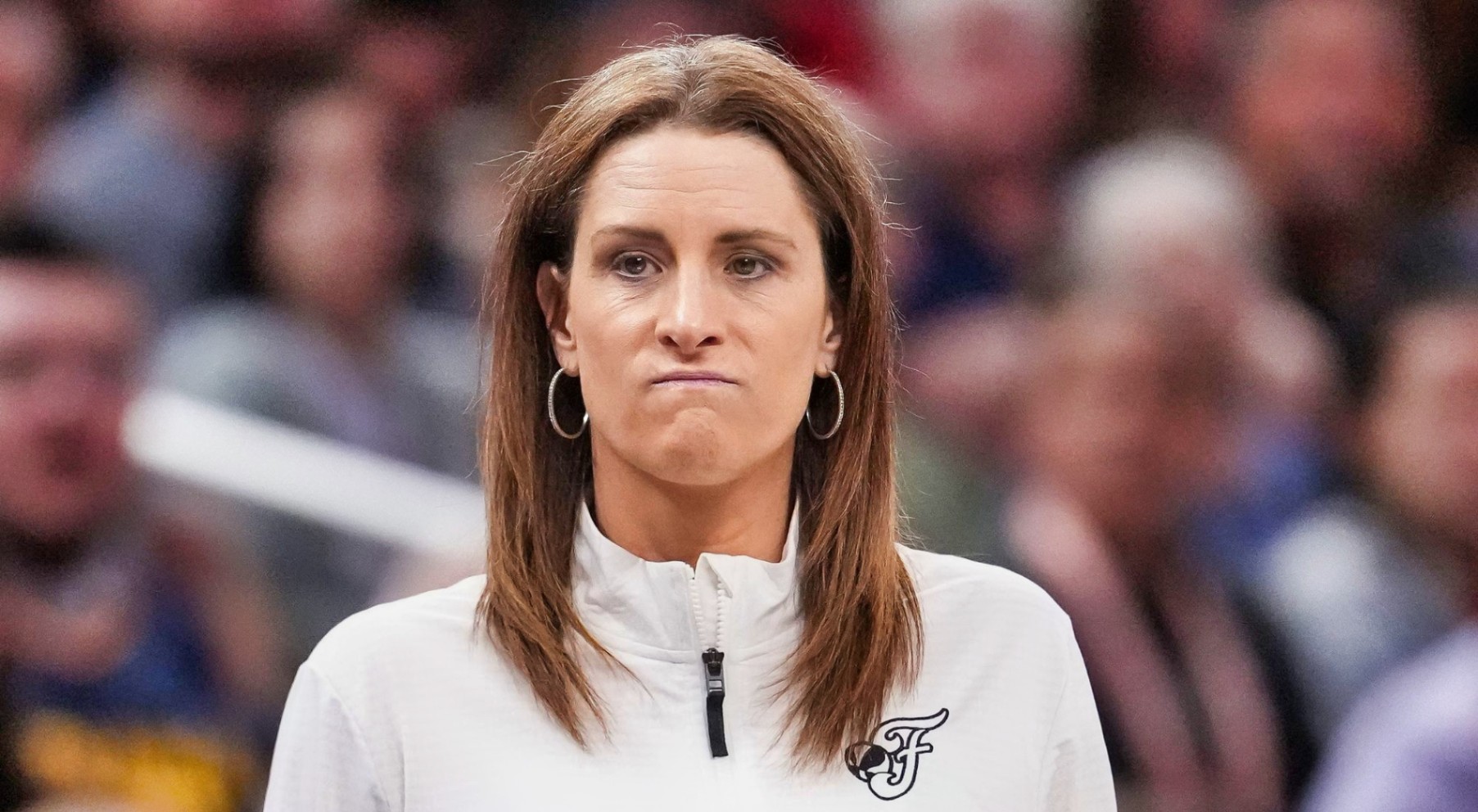
Shaquille O’Neal has long been known as the larger-than-life NBA legend with a sharp wit and even sharper tongue. But a recent comment made on his podcast has triggered a firestorm, drawing attention to the fine line between tough love and disrespect—especially when it involves young Black women in sports.

The moment came without warning. During a lighthearted conversation on “The Big Podcast,” Shaq and his co-hosts were joking about athletes and their focus on image and endorsements. Then, the conversation shifted. Referring to “that WNBA girl in the Dior shades,” Shaq said, “She needs to focus on the game, not the cameras. Quit being a f—ing idiot out there.”
The air went still. His co-hosts didn’t laugh. A few awkward noises filled the gap, but no one addressed it head-on. It wasn’t long before social media did.
Within hours, the clip was everywhere. TikTok slowed it down, added captions, and layered it with reaction videos. On X (formerly Twitter), hashtags like #ShaqOutOfLine and #DefendAngel exploded. It became obvious who Shaq was talking about: 22-year-old WNBA star Angel Reese.
Reese, who became a household name after her unapologetic NCAA championship run and fashion-forward persona, has always been a lightning rod. She’s beloved for her fierce play and confident presence, but she’s also drawn criticism for breaking traditional molds. That’s what made Shaq’s words sting.
Many asked why male athletes who focus on branding and media presence are celebrated, while women—especially Black women—are vilified for doing the same. Feminist commentators pointed out the double standard, while others called it a generational rift between former players and the new wave of stars reshaping the sports world.
Angel Reese didn’t respond publicly. She didn’t tweet. She didn’t post a statement. Instead, she shared a single photo on Instagram: herself standing on the court before a game, eyes locked on the camera, head held high. No caption. No filter. It said more than words ever could.
Support poured in. Teammates posted heart emojis. Celebrities reposted the image with phrases like “Unbothered energy” and “We got you.” The silence around Reese became a rallying cry.
Meanwhile, Shaq doubled down. On his own Instagram Story, he wrote, “I stand by what I said. Maybe I could’ve said it better.” It wasn’t an apology. And it only fueled the backlash.
Prominent voices in the sports world chimed in. Journalist Jemele Hill tweeted, “Calling a young Black woman in sports that name isn’t tough love—it’s abuse.” NBA star Damian Lillard offered a subtler critique: “Elders should lift. Not break.”
The controversy quickly moved beyond social media. Civil rights groups like the NAACP and the National Council of Black Women issued an open letter demanding a formal apology from Shaq and a commitment to better media standards for protecting Black women in sports. Brands associated with Shaq reportedly began monitoring the situation closely.
Then came a more symbolic moment: Shaq was noticeably absent from a live taping of “Inside the NBA.” TNT called it a “scheduling decision,” but viewers noticed. The camera lingered a little too long on the empty seat. The message was clear. The room had shifted.
This wasn’t just about a single comment. It was about a cultural reckoning.
Angel Reese has become more than a basketball player. She represents a new generation of athletes who aren’t afraid to speak up, show personality, and demand respect. And in saying nothing, she managed to say everything. Her silent strength reminded us that leadership doesn’t always shout. Sometimes, it simply stands tall.
Shaquille O’Neal may still have his platform, but the message from fans, activists, and even his peers was loud and clear: with great influence comes great responsibility. And words, especially when spoken into a mic, can echo far beyond the moment.

